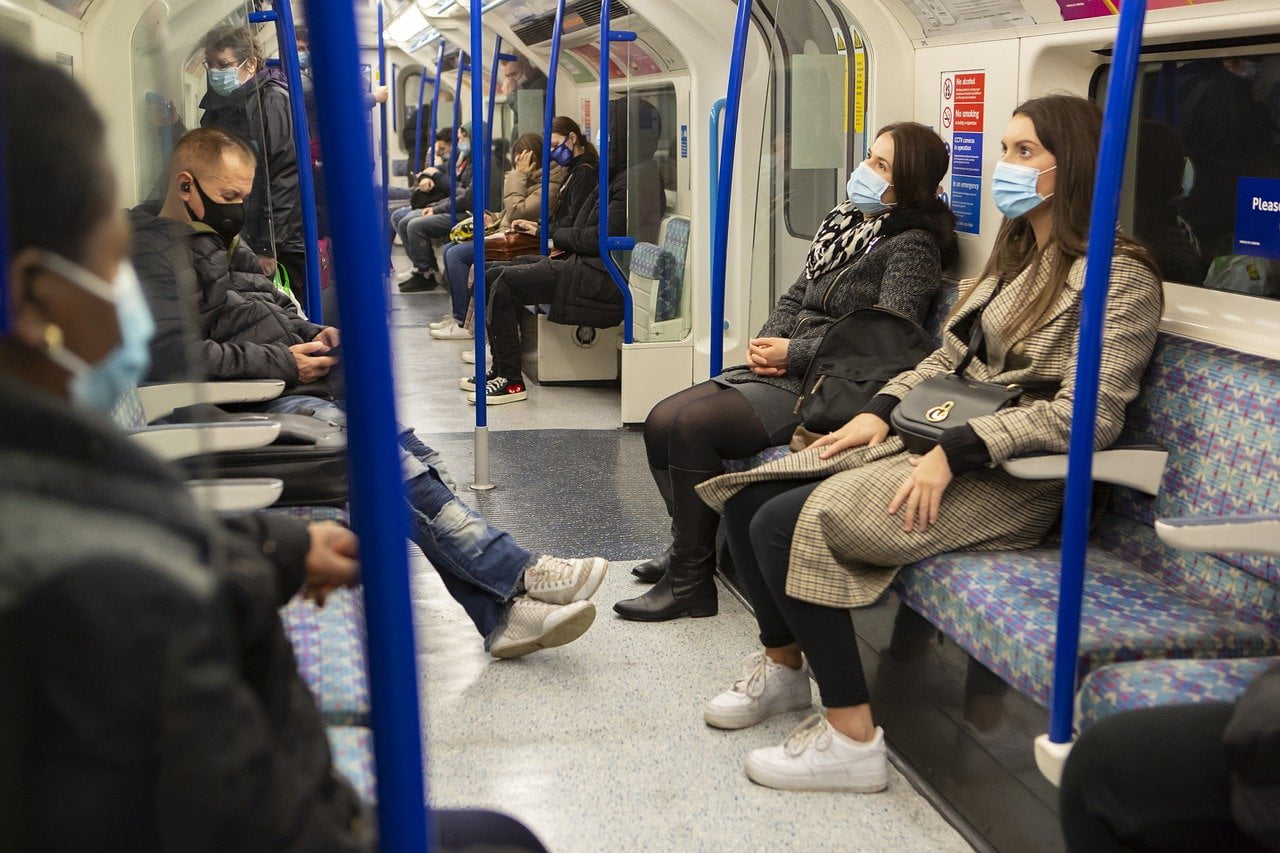Senators’ Framework on Pandemic Relief Must Address Flaws in Paycheck Protection Program (PPP) to Get Aid in the Hands of Those Who Need It
Q3 2020 hedge fund letters, conferences and more
The Flaws in PPP Must Be Addressed
WASHINGTON, D.C. – This morning, after weeks of stagnancy and delays, a bipartisan group of senators introduced a framework to spend $900 billion to address the address the worsening health and economic effects of the coronavirus pandemic. One of the components of the new framework is $300 billion in funding to renew the Paycheck Protection Program (PPP).
The purpose of the program was to provide much-needed relief to small businesses to keep workers on the job. However, the PPP turned out to be flawed and inefficient, and too many people who needed the program’s aid did not get it while large corporations did. If Congress opts to extend the program, it must first address its serious flaws to ensure that it serves the people it is supposed to: small business owners and workers, not wealthy and well-connected corporations and fraudsters.
“The Paycheck Protection Program was well-intentioned, but the Trump administration's flawed design and implementation together led to fraud and loopholes for big corporations to cash in while shutting out the people who needed assistance most. If Congress renews the PPP without addressing its shortcomings, we can expect to see the same results,” said Kyle Herrig, president of Accountable.US. “With coronavirus cases surging across the country, lawmakers should focus on getting aid to the small businesses, workers, and families that need help desperately and immediately — without lining the pockets of fraudsters and well-connected corporate executives.”
Accountable.US had long called out the Trump administration for its poor design and implementation of the Paycheck Protection Program. Here are some flaws in the PPP that lawmakers need to address in any future aid package:
Cost Of $224,000 Per Job Saved Is Too High
An analysis by MIT researchers found that due to the program’s rampant fraud and misuse, the PPP ended up boosting employment for approximately 2.3 million jobs — ultimately costing “about 224,000 per job supported.” Meanwhile, more than 6.3 million Americans are still without work as the pandemic continues to ravage the nation’s economy.
Rampant Fraud And Abuse
The administration’s failure to vet applicants on the front end of the program meant fraudsters ran away with billions — a mess the Small Business Administration is still wading through. As of this month, the Department of Justice has charged at least 76 people with crimes related to PPP fraud, and a House report suggested that at least $3 billion of the program’s crucial funds may have gone into fraudsters' hands.
While Businesses Struggled, Banks Raked In Billions
The PPP’s flawed design meant big banks triumphed as small businesses across the country shuttered, forced to lay off their employees. An analysis published published in the Wall Street Journal found PPP processing fees lined banks’ coffers with up to $24.6 billion, though taxpayers may never know the true amount of public money that went to big banks—Trump's government has remained elusive about exact figures.
Businesses In Communities Of Color Shut Out
In October, the House Select Subcommittee on the Coronavirus Crisis released a report revealing that the rushed launch of the PPP resulted in businesses owned by people of color getting left behind — to the benefit of wealthy corporations. According to CBS News, up to 90% of businesses owned by people of color or women were likely shut out of the program. And Accountable.US found that the ten congressional districts with the highest percentage of Black residents got nearly $12 billion less in PPP funding than the ten districts with the least number of Black residents.
Wealthy And Well-Connected Scored Big
Over 1,000 publicly-traded companies — such as Potbelly and Ruth’s Chris — received PPP funding. In addition, companies with connections to lawmakers and startups tied to White House senior advisor Jared Kushner scored millions.





